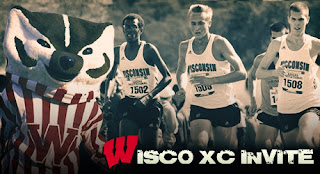Suzy Favor Hamilton -- An Attempt to Understand
It's with more than a bit of hesitation that I offer some thoughts on the news of the day in the running world. The tendency to analyze the lives of people we do not know seems to me to be one of the most odious tendencies in contemporary culture -- it reduces lives which are always more complex than they seem and usually more incomprehensible than we would like to admit to simple and usually quite stupid narratives. But I guess at a certain point, famous people are reduced to simple narratives. This is the price of fame. Before you read this, I'd encourage you to read this piece written by Brooks Johnson, " But for the gRACE OF GOD. " He actually knew Suzy as a person and athlete. * * * "Fear? If I have gained anything at all by damning myself, it is that I no longer have anything to fear." --J. P. Sartre Can you imagine what it takes to be the top runner in the country? To stand on the line and beat all comers? To not just be good, but to be ...


